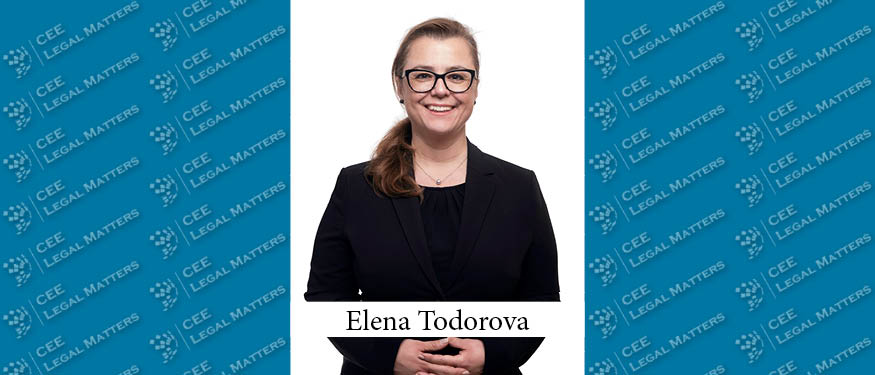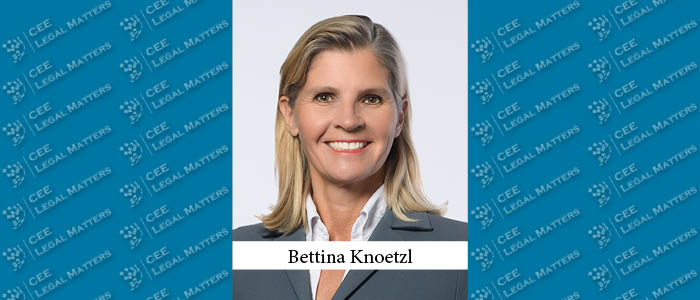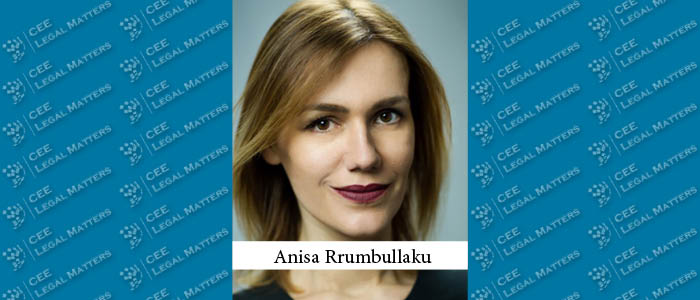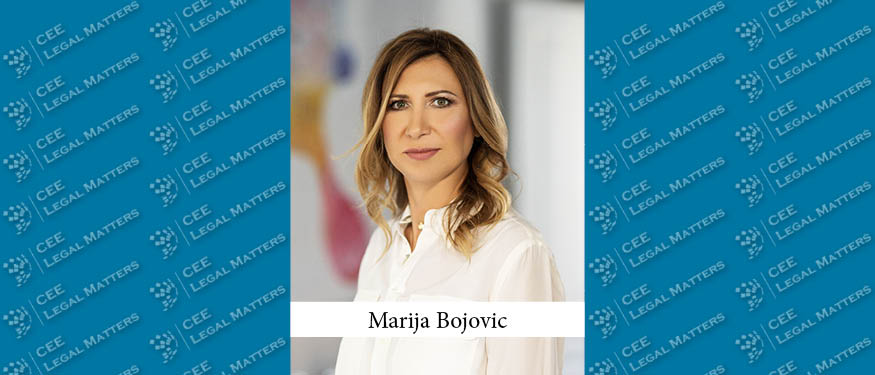Earlier this month, Bulgaria’s Competition Protection Commission (CPC) unveiled its strategic priorities for 2024, identifying sectors and activities that warrant increased regulatory scrutiny. These priorities will guide the CPC’s operational functions, which include market monitoring, signal verification, the initiation of administrative proceedings, market investigations, and ongoing enforcement actions.
Focus on Wind, Electricity Storage, and Phasing Out Lignites
Having a somewhat steady Government and Parliament since mid-2023 has led to more predictability in the Bulgarian regulatory environment for renewables. In October 2023, some important and significant changes to the RES Act entered into force, thus solidifying local support for renewable energy.
Bulgaria Updates its Copyright Act in Line with the DSM and CabSat Directives
The Bulgarian Parliament adopted amendments to the Copyright and Neighbouring Rights Act (CNRA) in December 2023 to transpose the Digital Single Market Directive (EU) 2019/ 790 and the CabSat Directive (EU) 2019/789.
M&A in Bulgaria: A Positive Outlook
Deal activity (both in terms of value and volume) dropped at the end of 2023 and the start of 2024. This is hardly surprising considering the overall unstable international environment and the variety of destabilizing factors at play. Regardless, we see signs of recovery.
Banking Legislative and Business Developments in Bulgaria During 2023
Following a long period of political instability, including five snap parliamentary elections in the past couple of years, as of June 2023, Bulgaria has a broad coalition government supported by a large parliamentary majority.
Real Estate Market in Bulgaria at the Beginning of 2024
It has started humbly, but 2024 is expected to be a year of interesting political developments. At a global level, there will be elections for the President of the United States and for the European Parliament. At a local level, in Bulgaria, a rotation of the government is expected, which means that, according to the preliminary agreements between the governing parties, the position of the Prime Minister will be taken by Mariya Gabriel (of the GERB party; currently at the position of Deputy Prime Minister), who will replace the current Prime Minister – Nikolay Denkov (of the We Continue the Change party) – in March. For now, it is still questionable whether this switch will trigger the termination of the mandate of some of the ministers.
Rise in Insolvencies Triggers Wave of Related Disputes
Galloping inflation and post-COVID-19 challenges are shaping the litigation market in Austria, with an unparalleled volume of insolvencies feeding into a high rate of litigation. Meanwhile, the Austrian government remains hesitant to implement the European collective redress system.
External and Internal Investigations Affected by Recent Developments
Internal investigations continue to be a crucial part of a robust compliance management system. Short messages exchanged on smartphones have become a significant source for internal as well as external investigations. The Austrian prosecution authority understands that screening smartphones is close to “manna from heaven” for any investigator. This Market Snapshot reports on two important developments in Austria: a constitutional court decision requiring a significant change of the law, and the impact of the newly implemented law for the protection of whistleblowers.
Slovenia: Amendment to the Insolvency Act Brings Additional Duties to the Management and Supervisory Bodies
On November 1, 2023, the amendment to the Slovenian Insolvency Act (ZFPPIPP-H) entered into force and introduced a series of significant changes that should not be overlooked.
Austria: Success of Reorganization Plan and Out-of-Court Restructurings, Yet Failure of Preventive Restructuring Procedures
Austria implemented Directive (EU) 2019/1023 on preventive restructuring frameworks with the Restructuring Regulation, which came into force on July 17, 2021, and introduced (further) judicial proceedings for preventive restructuring. Practice, however, has shown that the reorganization plan in insolvency proceedings and out-of-court restructuring remain the methods of choice in Austria.
North Macedonia: Saving Businesses – Restructuring vs. Liquidation
As a result of the challenges that the local market has been facing over the past years brought on by the recent pandemic, wars, and other changes in the market, the majority of businesses are faced with losses and accumulating high levels of debt. Consequently, enormous pressure is imposed on businesses, including on their viability, which, in turn, pushes the need to explore methods for overcoming these obstacles.
Hungary: A General Overview of the Current Solutions for Insolvency in Hungarian Law
If someone is unable to pay their outstanding and due debts (or is just partly able to do so), that person is considered insolvent. This applies to companies and to natural persons as well. The number of companies that had to cease operations because of insolvency increased in 2023. Although the Hungarian legal environment provides several solutions to this problem, these have different effectiveness and have different consequences for both debtors and creditors. Below is a general overview of the four typical procedures for dealing with insolvency in the current Hungarian law.
Kosovo: Insolvency and Restructuring for Banks and other Financial Institutions – What is There to Know?
In Kosovo, there has been a diverse blooming of local and international companies. In the daily transactions of these companies, financial institutions continue to act as a catalyst that affects industries’ development. However, as opposed to these companies, financial institutions in Kosovo are regulated exclusively by the Law on Banks and the Law on Insurances. One important aspect of these laws is the procedures for the establishment, recovery, and liquidation of financial institutions in Kosovo, where an active role is foreseen for the Central Bank of the Republic of Kosovo (CBK) as a regulatory body in issuing guidelines and also approvals in cases of restructuring and voluntary dissolution of the financial institutions.
Albania: Insolvency and Restructuring
Albania underwent a substantial overhaul in its approach to insolvency and restructuring proceedings with the enactment of Law No. 110/2016 “On Bankruptcy” in 2017. This legislative stride replaced a prior law that had been in effect since 2002, often leading to disputes and difficulties in uniform enforcement.
Serbia: Navigating International Insolvency – Informing, Lodging Claims, and Legal Frameworks
All domestic or foreign creditors can lodge claims in insolvency, but international practice shows a stark disadvantage for foreign creditors despite supposed equality. This article delves into two key aspects – how foreign creditors are informed and lodge claims – shedding light on their status within Serbia’s legal framework. Key insights stem from major international documents like the UNCITRAL Model Law on Cross-Border Insolvency (MLCBI), EU Regulation 2015/848 on Insolvency Proceedings (Regulation), with Serbian insolvency primarily governed by the Insolvency Act (Act).
Czech Republic: Preventive Restructuring Introduced
On September 23, 2023, the Act on Preventive Restructuring came into force in the Czech Republic. It transposes EU Directive 2019/2023 on preventive restructuring frameworks, on discharge of debt and disqualifications, and on measures to increase the efficiency of procedures concerning restructuring, insolvency and discharge of debt, and amending Directive (EU) 2017/1132.
Moldova: Navigating the Insolvency Legal Landscape
Moldova faces significant challenges in terms of insolvency in the future. In exploring the factors influencing this area of law, we examine the current state of affairs, anticipate trends, and look at how legal practitioners are gearing up to meet the expected rise in demand. Let’s break down the key points.
Ukraine: Debt Restructuring Trends
The Ukrainian economy has endured unprecedented shocks resulting from the unprovoked invasion by Russia, which led to the seizure of assets in the occupied territories, massive destruction of or damage to assets throughout Ukraine, closure of a number of markets, disruption of various transport routes, huge losses in trade, flight of capital and human resources, etc.
































